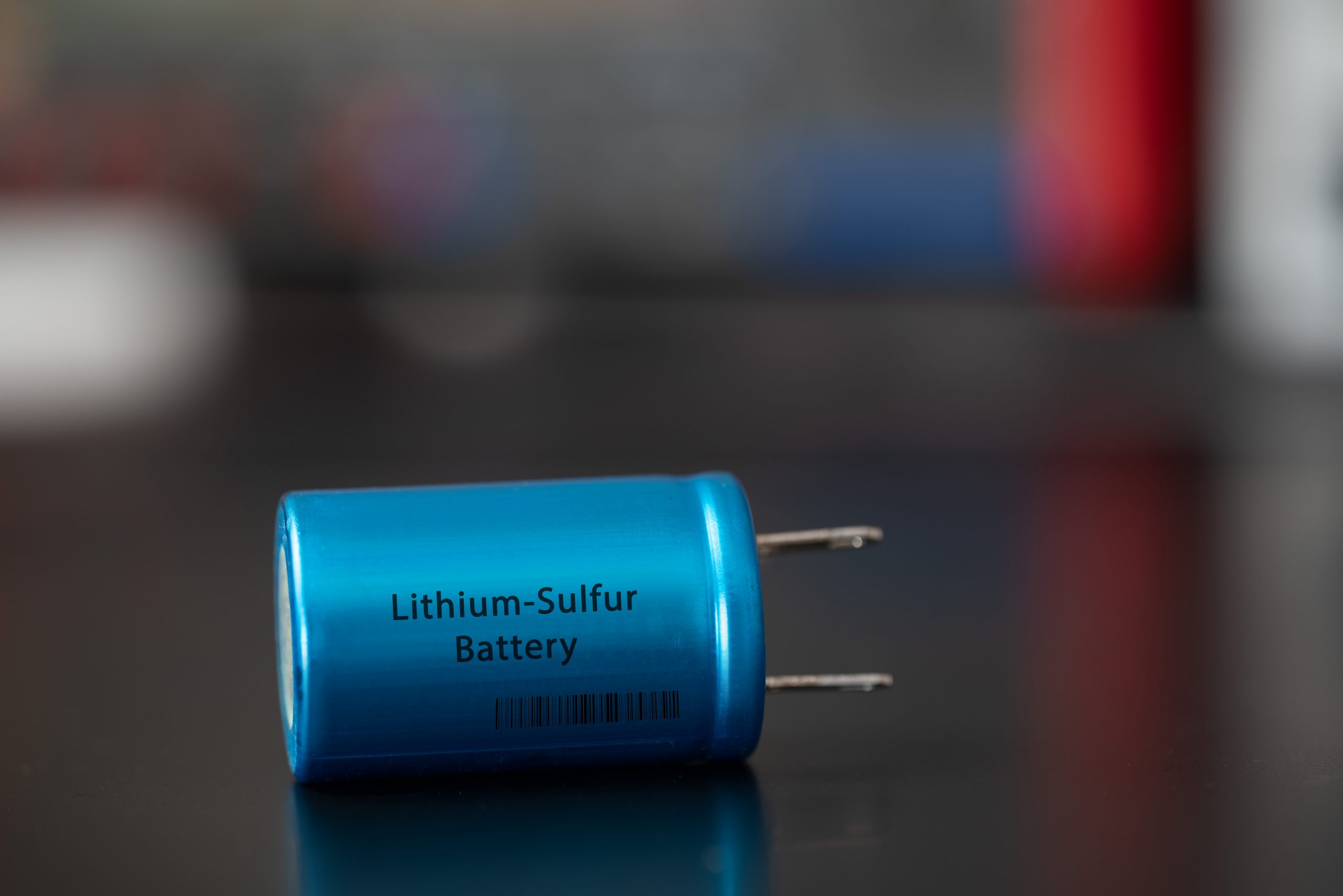EVENT DETAILS
Abstract
The demand for sustainable, reliable batteries with high safety and energy density is increasing, especially in the context of global efforts to reduce carbon emissions. The research focuses on the development of sustainable, reliable, affordable, and durable batteries with high safety and acceptable energy density. The topic captures cutting-edge technologies in designing novel electrode materials and electrode/electrolyte interphases. In this talk, the focus is on lithium-sulfur (Li-S) battery, which is considered a promising energy storage system due to their high theoretical specific capacity and energy density. However, issues such as low electrical conductivity of sulfur and high solubility of polysulfides in the electrolyte have hindered commercialization. To overcome these problems, researchers have introduced physical encapsulation of sulfur using carbonaceous materials and chemically-modified surfaces of carbon matrices. The talk will present novel designs of electrodes that aim to improve the utilization of sulfur and cycling ability, including sulfur cathode and Li metal anode. These designs include anodic aluminum oxide templates, electro-spun carbon nanofibers, and graphene quantum dots. The talk will also briefly address issues with lithium metal anode (LMA) and all-solid-state batteries (ASSB).
References
1. S Moon et al, Encapsulated monoclinic sulfur for stable cycling of Li–S rechargeable batteries, Advanced Materials 25 (45), 6547 (2013)
2. JH Yun, et al, Suppressing polysulfide dissolution via cohesive forces by interwoven carbon nanofibers for high-areal-capacity lithium–sulfur batteries, Nano letters 18 (1), 475 (2018)
3. R Ponraj, et al, Regulating lithium metal interface using seed-coating layer for high-power batteries, Chemical Engineering Journal 433, 134380 (2022)
Biography
Do Kyung Kim is a distinguished KEPCO-Endowed Professor at KAIST and a Visiting Professorial Fellow of the School of Mechanical and Manufacturing Engineering at UNSW. He joined the faculty at KAIST’s Department of Materials Science and Engineering in 1994 and holds a B.S. degree from Seoul National University (1982) and M.S. (1984) and Ph.D. (1987) degrees from KAIST. Prof. Kim has held visiting professor positions at several prestigious institutions, including UC San Diego (1992), NIST (2002), UC Berkeley/Stanford U (2007-08), New York University (2017-18), and UNSW (2022-23). Prof. Kim is a Fellow of both the American Ceramic Society and the National Academy of Engineering of Korea. He also served as President of the Materials Research Society of Korea (MRS-K) in 2018. Prof. Kim’s research focuses on engineering and dental ceramics, ceramic nanostructures, and the synthesis and characterization of cathode and anode materials for lithium-ion, sodium-ion, and Li-S batteries, recently for solid electrode materials for ASSB(all-solid-state batteries).
PRESENTED BY:
Professor Do Kyung Kim, Dept Mater Sci & Eng, KAIST Daejeon and Visiting Professorial Fellow UNSW
DATE
01 August 2024
TIME
11:00 am - 12:00 pm (GMT+10)
Convert to Local Time
LOCATION
EN715, Swinburne University, Hawthorn | Online: https://swinburne.zoom.us/j/88395002862 Room EN715 Online: https://swinburne.zoom.us/j/88395002862
Lvl 7, Engineering Building
Swinburne University of Technology
Hawthorn VIC 3121


